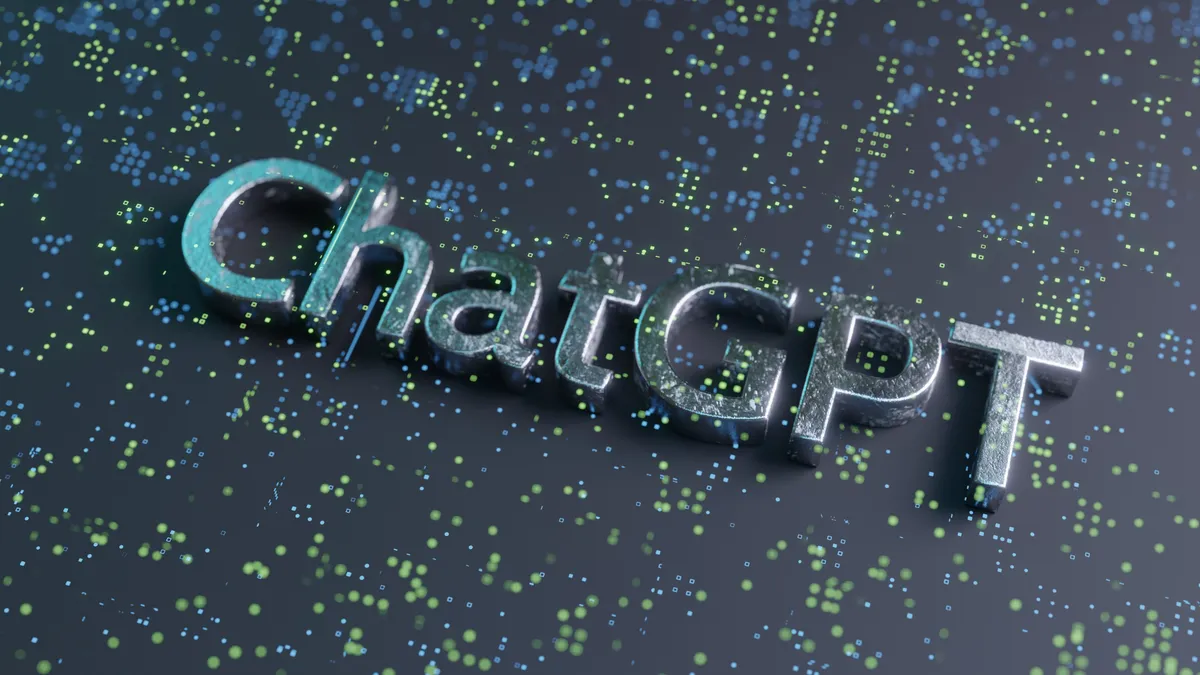Dive Brief:
- WPP reported revenues increased 12.7% for a total of $17.3 billion (14.4 billion British pounds) during its 2022 fiscal year while like-for-like revenues increased 6.7%. The company forecast like-for-like revenues will increase between 3% and 5% in fiscal year 2023.
- CEO Mark Read underscored the growing importance of artificial intelligence as a key driver of the agency holding company’s business, though he emphasized that it won’t replace human capital in comments made during an earnings presentation for investors last week discussing the results.
- AI’s importance is growing, Read noted, particularly in areas such as media targeting, e-commerce development and fostering new creative ideas.
Dive Insight:
WPP, the largest employer in the advertising industry, put in a strong performance in 2022, joining other agency holding companies in mostly defying expectations of an advertising slowdown due to ongoing pandemic-related concerns and high inflation. As is the case for much of the marketing industry, the company is discussing the potential for AI going forward and answering how it can best be put to use so it supports growth agencies.
“I think we've always been consistently of the view that much of this technology, if we embrace it properly, will help us grow, not dis-intermediate us,” said WPP CEO Mark Read, during a recent call with analysts.
As agencies and holding companies continue to experiment with tools like ChatGPT and search engines like Bing adopt frighteningly real chat services, Read acknowledged the potential of the technology, while noting that it still may not be ready for prime time.
“The best technology is like magic,” Read said of ChatGPT. “Is it perfect? No. … But it’s brought to life the potential of a generative AI in a way that’s really captured people’s imagination.”
The technology is unlikely to upend search marketing in the near term, he added.
“People go to search for a number of reasons,” Read said on the call. “Most of those reasons is to answer direct questions or to find out information or to book a claim ticket or find a holiday destination.”
Right now, he said, the generative AI engines haven’t demonstrated that they can answer questions any better than the current search engines. Read’s own experience asking ChatGPT to write his bio resulted in “a large number of factual inaccuracies,” for instance.
“I don’t think there’s going to be a dramatic shift in a very short period of time in what goes on in search,” Read said. “As the engines get better … the question is, ‘Can they understand what’s true and not true?’”
While AI evolves and matures, WPP and its owned properties will continue to invest in ad-tech systems to enhance its offerings.
“The so-called ‘ad tech tax’ is decreasing which is what you’d expect as the market gets bigger and more efficient,” Read said. “And that’s good for advertisers. It means that more of the money they invest goes into producing content.














